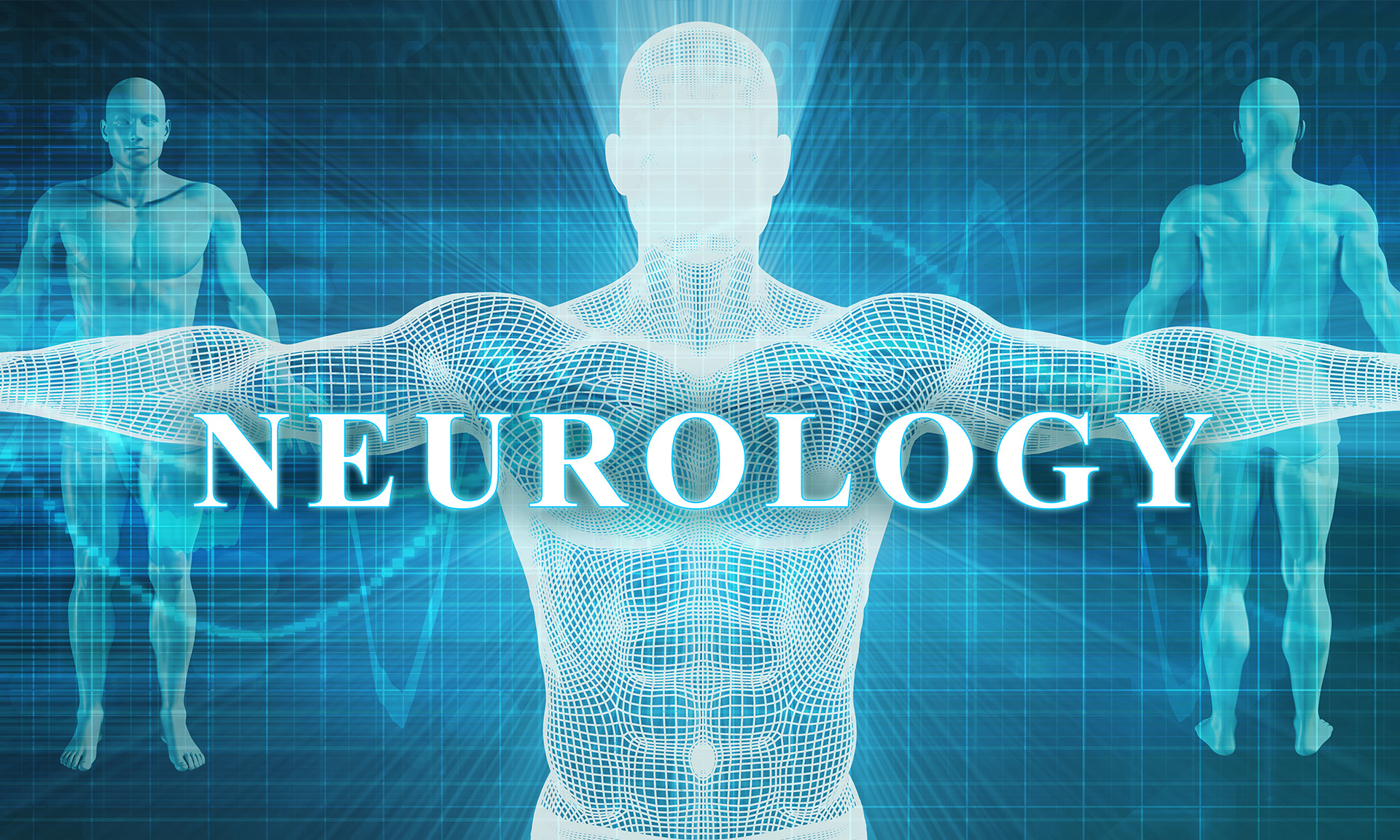
Westchester Neurological Balance and Dizziness Center provides diagnosis and treatment of disorders related to balance, dizziness, vertigo and equilibrium. Dr Soliman has decades of experience diagnosing and treating even the most difficult cases. His multidisciplinary approach draws on expertise of various specialists from many fields to diagnose and treat the most complex cases of disequilibrium.
The Balance and Dizziness Center is the only one in the region that offers a full array of state-of-the-art balance testing aimed at providing diagnosis and treatment information.
Unlike facilities that provide one or two diagnostic tests aimed at diagnosis, Westchester Neurological, provides a true comprehensive assessment that aims at not only diagnosing the abnormality but determining the level at which the patient has compensated. Functional and physiologic compensation levels vary, and they are why two patients with the same disorder have very different symptoms. Once diagnosis is made and compensation status is evaluated, an individualized treatment plan can be created.
Diagnosing the cause of dizziness and balance problems can be difficult since balancing is a very complicated part of the body's functions. Maintaining balance requires input from the vestibular system (inner ear), somatosensory system (sensory receptors in the skin, muscles and joints) and visual system (eyes). If any of these systems is malfunctioning, it can result in one or more of the dizziness associated symptoms. The complexity of the balance and vestibular systems warrants a team approach, requiring input from a variety of specialists who regularly meet to collaborate on each patient's care.
Balance testing begins with a thorough understanding of a patient's symptoms and history. Patients complete a comprehensive questionnaire, and the vestibular specialist conducts a detailed interview with each patient. Depending on your history and symptoms, we will determine which battery of tests is best for you to diagnose your abnormality and establish to what degree you may or may have not compensated so that a treatment plan can be created.
Posturography
This assessment determines how a patient uses visual, somatosensory and vestibular inputs to maintain balance. It also tests your ability to coordinate your lower and upper body reactions to maintain stance when equilibrium is disrupted. Performance on this test can determine functional compensation status, which is utilized by the Physical Therapists on the Dizziness and Balance Center team, who will provide vestibular rehabilitation and balance retraining therapy.
Videonystagmography (VNG)
VNG evaluates the vestibular-ocular reflex, which allows the inner ear to sense motion and provides stable vision during head and body movements. VNG results provide us with insight about inner ear function and the parts of the brain responsible for balance and equilibrium. This test can determine whether one or both inner ears are weak.
Rotational Chair Test
The rotational chair test evaluates how the inner ear responds to various types of motion and provides information about physiologic compensation status. In cases where both inner ears are weak, this test can give insight into the extent of the bilateral weakness. Rotational Chair studies expand upon the information obtained during the VNG and is also beneficial in creating treatment plans to promote compensation.
Vestibular Evoked Myogenic Potentials (VEMPS)
VEMPs provide assessment of the part of the inner ear responsible for sensing gravity and various movements of the head and body. This test can be especially useful in determining whether a structural abnormality involving the bony portions of the ear exists.
Video Head Impulse Testing (vHIT)
The vHIT is an evaluation of the vestibular ocular reflex, which is what allows for stable vision while the head and body are moving. Unlike VNG and Rotational Chair studies, which assess two of the six inner ear canals that control balance, vHIT allows for evaluation of all six canals, resulting in more comprehensive and complete diagnostic information.
After completing comprehensive balance testing, our team of balance specialists will develop a customized treatment plan for you. We offer the most comprehensive array of treatments and services for patients with dizziness and balance disorders in the region. Treatments depend on your condition and include:
Our ultimate goal is to reduce or eliminate the symptoms of dizziness and imbalance, and prevent falls so you can get back to your normal daily activities.
The Center uses a multidisciplinary approach to care. Together with specialists in the area of Ear, Nose and Throat, neurology, neuroradiology, audiology, and physical therapy, we address each patient's medical and rehabilitative needs.
This multidisciplinary approach to patient care makes our facility a unique and outstanding resource for people with dizziness or balance problems, as well as the health care providers who work with them.
Download Balance Function Questionnaire